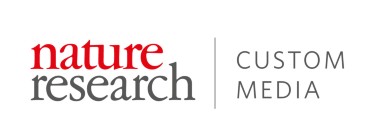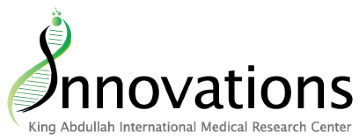
Confidentiality is a fundamental tenet of medical ethics.© juan moyano / Alamy Stock Photo
The storage of information in biobanks — collections of human samples for medical research — is viewed as essential to improve understanding of human health and disease. Launched in 2014, the Saudi Biobank is emerging as a valuable resource for the region. Its growth will depend on wider discussion of issues such as confidentiality and informed consent.
“Biobanks offer a golden opportunity to study multifactorial diseases and relationships between genetics, environments and lifestyles,” says Ghiath Alahmad, a bioethicist at King Abdullah International Medical Research Center (KAIMRC). “Research based on large numbers of samples are needed to investigate diseases that are increasing rapidly among Saudis, such as hypertension and diabetes.”
Due to the relative lack of surveys in the Middle East about confidentiality issues, Alahmad says it was “necessary and timely” to conduct a series of questionnaires among five different groups: researchers, physicians, medical students, donors and the general public.
The responses from a total of 200 people at King Abdulaziz Medical City, the largest medical complex in Saudi Arabia, revealed that all five groups rate confidentiality as one of the most important aspects of medical care. The groups showed notable differences in the level of willingness to share genetic information with third parties. For example, researchers and physicians were the most reluctant to share information with family members, while donors and laypersons were more prepared to do so.
When asked to suggest examples where confidentiality might justifiably be breached, the two main scenarios raised by respondents were those involving infectious diseases or genetic diseases. The study found that donors and laypersons were more supportive of providing confidential information in those two cases.
“Confidentiality is essential in gaining donors’ trust and encouraging them to participate in any biobank,” says Alahmad. “As Saudi society is characterised by extended families, strong interfamily relationships and a high percentage of consanguineous marriages, any breach of confidentiality may lead to serious problems such as stigma and discrimination. That's why it's important to explore all of the ethical repercussions.”
The Saudi Biobank is a member of the Public Population Project in Genomics and Society (P3G), an international consortium facilitating dialogue between biobank resources internationally. Alahmad notes that, overall, his team's findings are consistent with comparable surveys conducted in other countries. The team aims to conduct further surveys with a larger sampling size.
Alahmad adds, “I have also started to explore the issue of [sample] ownership, a highly complex issue in the medical field. Based on fruitful discussions with ethics experts at the Center for Bioethics at Harvard University, we hope to publish our results in the coming months.”


